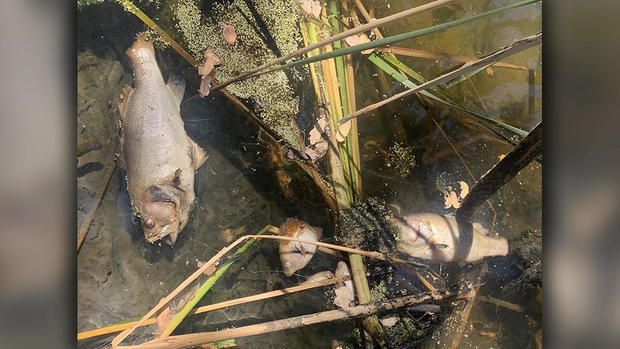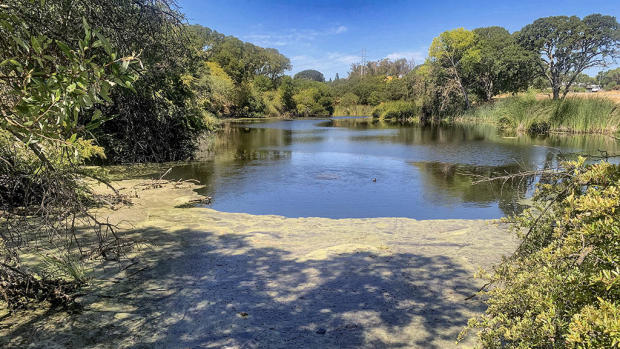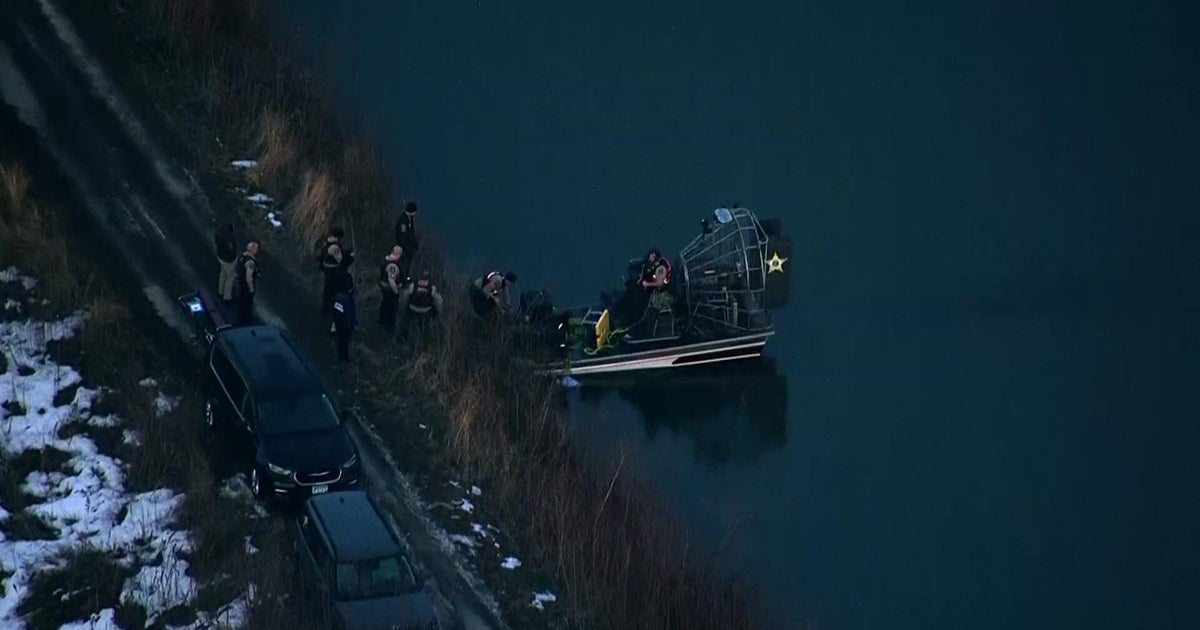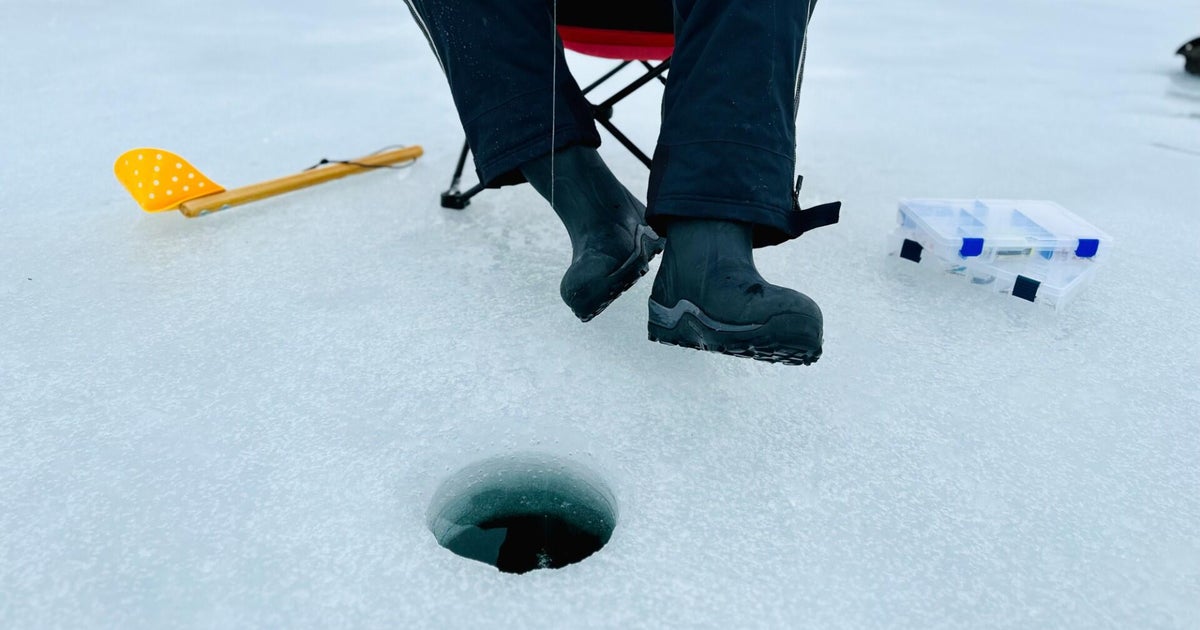Pond at park in Martinez suffers fish die-off from algae invasion
MARTINEZ -- Renee Strom's kids learned to fish at the pond at Hidden Lakes Park in Martinez.
"I pushed them around there when they were in strollers," said the 31-year resident of Martinez. "My dogs all swam there. It's dear to my heart. My husband has fished there four or five times a week since retirement."
Strom was understandably upset the past few weeks, as an algae bloom sucked enough oxygen from the wooded pond to leave hundreds -- perhaps thousands -- of fish floating dead at the surface.
Strom said a fountain aerator that pumped oxygen into the water died "months ago." She said she has contacted the city and progress has been slow.
"I have been the Karen of the lake for a couple of years now," Strom said.
City employees were out Tuesday and Wednesday, scooping up most of the dead fish. There were still signs of the die-off near the shore, not the least of wish was the seafood aroma.
Martinez City Engineer Joe Enke said the overgrown algae prompting the die-off was a combination of heat and the malfunctioning fountain aerator, which typically provides enough oxygen for the black bass, bluegill, rainbow trout, catfish and other fish in the lake. He said it's difficult to estimate how many fish died -- anywhere from hundreds to thousands.
"(The aerator) had a history and this past spring it finally gave up the ghost," Enke said.
The necessary parts weren't available for a quick fix so the city installed two new subsurface aerators last month. But their delivery took longer than expected, Enke said.
He said, from what the city saw, the biggest toll among lake inhabitants was among bluegill and bass. The California Department of Fish and Wildlife regularly stocks the small lake, which has had enough fish to sustain a resident family of otters (which weren't visibly present Wednesday).
The city has dealt with algae blooms in the past by chemically treating the water and using an algae harvester. The lake was sprayed earlier this year with little effect.
Sean Cochran, an environmental scientist with the state Department of Fish and Wildlife, said the department took measurements of the bloom earlier this week.
Cochran said algae and rotting vegetation from around the lake builds up and sinks to the bottom, depleting the water's oxygen.
He said algae blooms are common this time of year, but this is likely worse than usual.
"A fish kill this size hasn't been documented at that location but we see it in other small urban lakes," Cochran said. "We think this fish kill was substantial."
Cochran said some of the hardier species, like catfish and carp, have likely survived. As to when the lake will fully recover, Cochran said "with this kind of event, it's going to take some time."









